In the context of a rapidly changing world with the technological revolution and artificial intelligence (AI), education - considered the "top national policy" - is facing unprecedented challenges. Vietnam, with the goal of becoming a developed country by the middle of the 21st century, cannot achieve that aspiration without re-establishing its thinking on education in the direction of strategy, integration and modern governance.
The Draft Document of the 14th Party Congress pointed out: “The implementation of fundamental and comprehensive innovation in education and training is not yet synchronous, lacks systematicity, and is still confusing. The implementation of socialization in education and training shows signs of deviation. The quality of education and training, especially education on qualities, personality, profession, and higher education is slow to improve. Education and training in remote, isolated areas, and ethnic minority areas still face many difficulties; the regime and policies for teachers are still inadequate.”
These frank comments show the determination to look straight at the truth, opening up the need to move from "local innovation" to innovation in thinking and strategic management.
Linking education with national destiny
A country cannot go far without a strategic vision for people. For many years, Vietnamese education has often been talked about with big goals, but lacks consistency in implementation. Each term, each locality, and even each school has its own "projects", sometimes overlapping and short-term. From the educational program being changed in terms of subjects, to the form of exams, tests, and assessments lacking stability, students are passive, and schools face difficulties when bound by rigid mechanisms and requirements for autonomy in innovation. This leads to the reality: education is not really linked to the destiny of the nation, and has not been planned as a sustainable development strategy.
Meanwhile, countries with advanced education systems such as Finland, Japan or Singapore all have a vision that spans decades, with a humanistic philosophy, focusing on people, and is concretized by a stable and synchronous policy system. Vietnamese education needs a new strategic mindset - considering education not only as a matter of the industry, but also as a national responsibility; not just as "teaching letters" but as an investment in national competitiveness. We need to clearly define: training Vietnamese people for the 21st century is training global citizens who know how to integrate and be creative, but still maintain national identity.
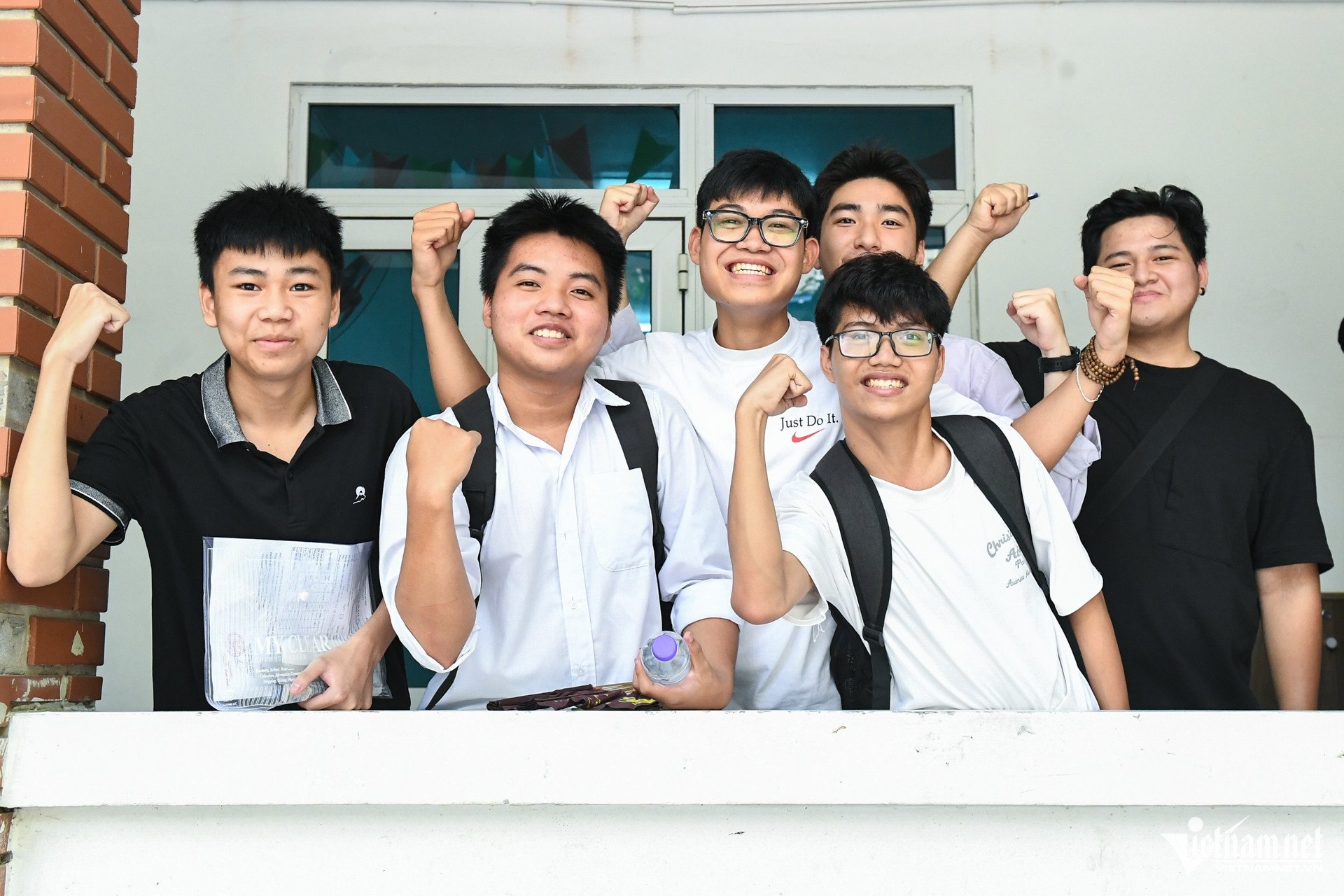
Strong integration in global competition
Educational integration is not just about studying abroad or international cooperation. It is the process of standardizing and modernizing the education system according to international standards, while still respecting the specific conditions of Vietnam. In recent years, we have witnessed many universities, high schools and even primary schools introducing international programs into their teaching. However, this integration is still only a formality and has not created a fundamental change in quality.
Meanwhile, the world is entering a period of fierce competition for high-quality human resources. If Vietnam does not quickly integrate, education will fall behind, not only in knowledge training but also in forming creative capacity, critical thinking and adaptability - qualities that the global labor market is demanding.
Empowering the grassroots, linked to efficiency
One of the biggest bottlenecks in education today is the centralized, inflexible management mechanism. Public schools are often bound by a series of regulations on organization, personnel, and finance, making it difficult for principals to proactively operate. The system still focuses more on "management" than "administration". Teachers are under great pressure: records, books, assessments, and competitions outside of school, while having little opportunity to participate in the planning and real-life innovation process. Parents are concerned that schools are too administrative and lack creativity; students feel that their learning lacks inspiration and connection with reality.
Meanwhile, the world trend is shifting strongly towards empowering educational institutions, considering schools as “autonomous learning units” responsible for the quality of output. Autonomy does not mean laxity, but rather empowering coupled with accountability. Without a modern governance model - linking authority, responsibility and efficiency, all efforts at innovation will remain superficial.
Tight control of output: Connected but not loose
Modern education cannot be “closed”, but must follow an open model - flexible, interconnected between levels of education, between academics and professions, between schools and society. However, openness must go hand in hand with quality control at the “final knot”: output.
In reality, many schools, including universities, still chase after entrance results. Students can easily pass through the levels of education, but their actual abilities are not verified.
This shows that education needs a standardized, transparent and consistent assessment system that not only measures knowledge but also assesses capacity, qualities and application ability. This model has been successfully applied in many countries, where certificates, professional capacity and learning outcomes are all independently assessed – creating a trust mechanism between schools, learners and society.
Overcoming the “bottleneck” with a new vision
Vietnam’s education is facing a time of choice: either continue to make small adjustments, or boldly move into a breakthrough development phase, with a new vision and national strategic thinking. The “bottlenecks” that have lasted for many years: from heavy curriculum, rigid management mechanisms, lack of high-quality teachers, to regional inequality have all been clearly identified. But what we lack is not a solution, but a vision that dares to go all the way, dares to change fundamentally.
The story of educational reform is often like “patching an old shirt with new thread”. Every year there are directives and projects, but not many policies are implemented continuously long enough to create sustainable results.
At the grassroots level, many schools are taking on two tasks at the same time: teaching students knowledge while also "running" after records, plans, and reports. In remote areas, teachers still have to teach in classrooms without electricity or internet, while in the city, students are under pressure to take exams, take extra classes, and "run after international standards" in a formal way. Excessive digital transformation, lacking consistency, instead of helping teachers save time to focus on their expertise, has become a burden for schools.
These problems cannot be solved by technical tweaks alone. We need a systemic vision where education is seen as a value chain – from philosophy, curriculum, staff, to financial and administrative mechanisms. If the educational philosophy remains vague, if teachers are not trusted, if learners are still considered “objects of communication” rather than creative subjects, then no matter how many times we innovate, we will still return to the starting point.
A new vision for Vietnamese education must focus on developing Vietnamese people who are self-reliant, creative, and capable of global integration. Such education does not only teach “what” but also trains “how to learn”, “how to think”, and “how to live”. It is not confined within the four walls of the school, but extends to the community, society, and businesses - where lifelong learning becomes a way of life for the people.
The 14th Party Congress is expected to open up opportunities to establish that vision. When education is placed at the center of the national development strategy, all areas from economics , science, culture to national defense will be fueled by high-quality human resources. Education is not only the foundation, but also the driving force of the aspiration for power.
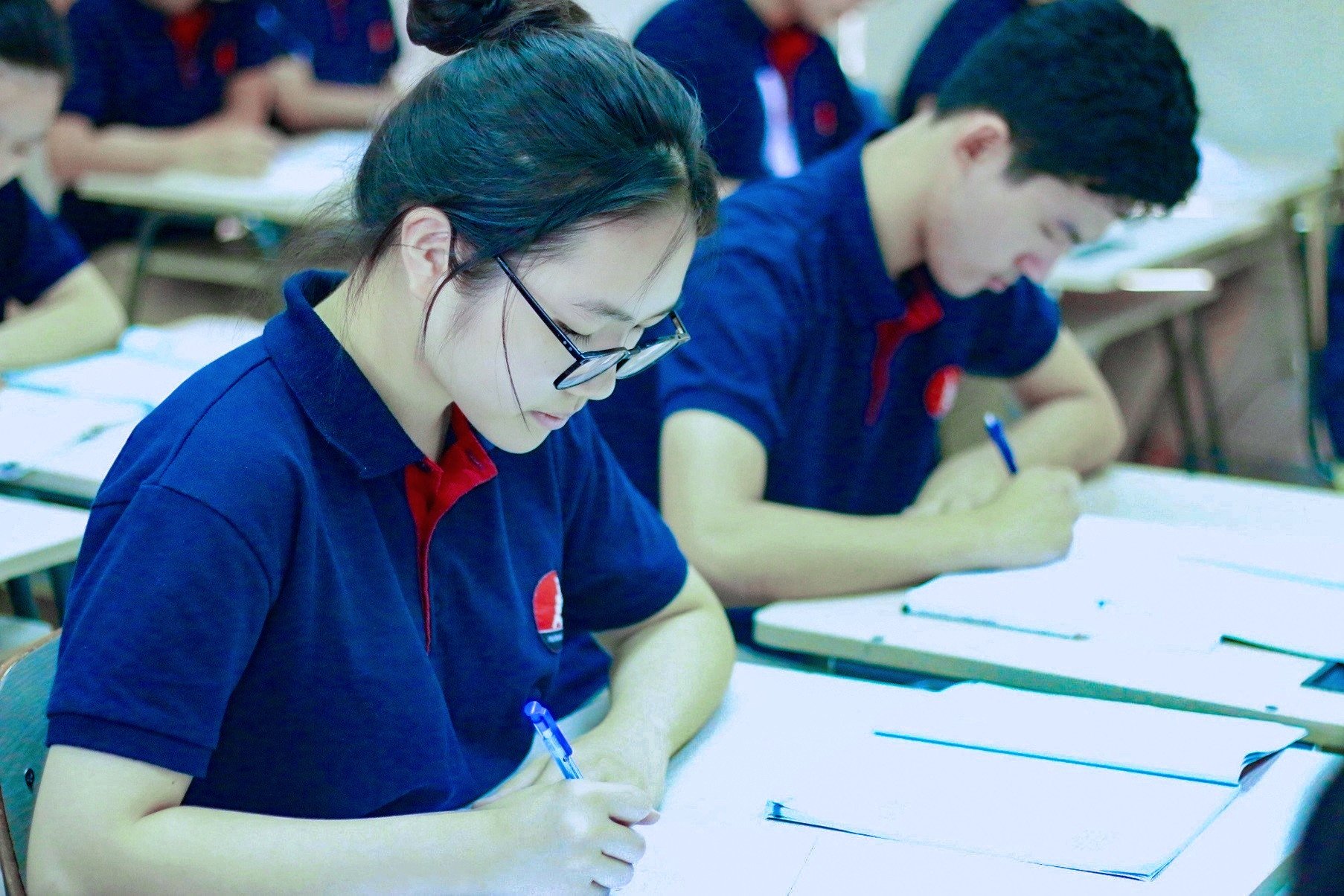
Source: https://vietnamnet.vn/giao-duc-can-tu-duy-chien-luoc-va-quan-tri-hien-dai-de-vuot-qua-diem-nghen-2459646.html



![[Photo] Highways passing through Dong Nai](https://vphoto.vietnam.vn/thumb/1200x675/vietnam/resource/IMAGE/2025/11/12/1762940149627_ndo_br_1-resize-5756-jpg.webp)






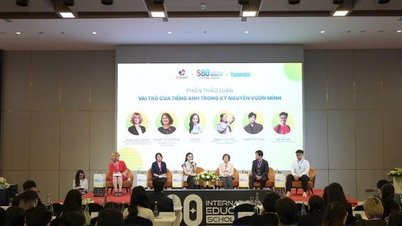





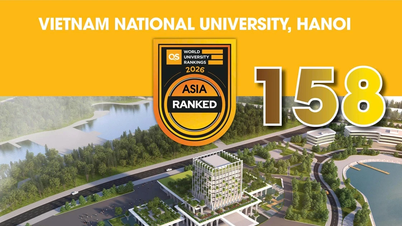
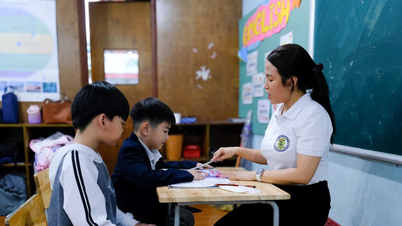

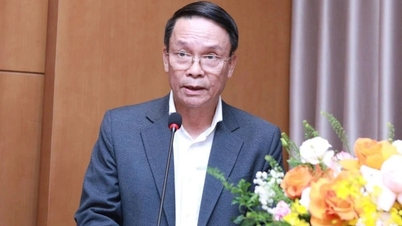





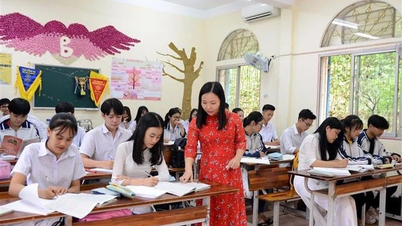
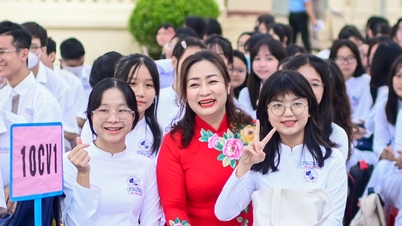
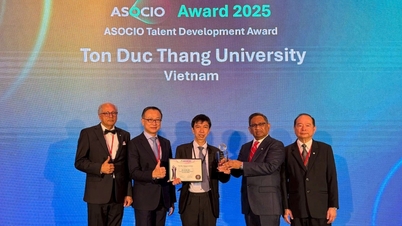






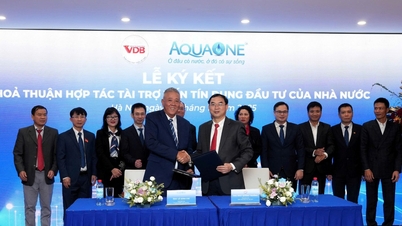

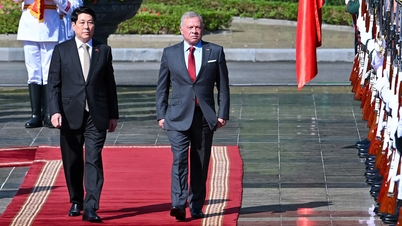










































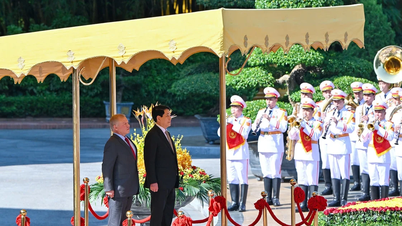




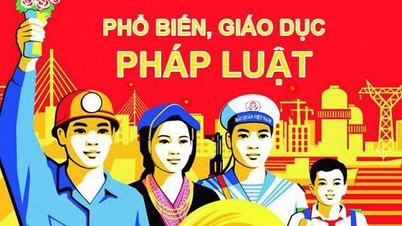



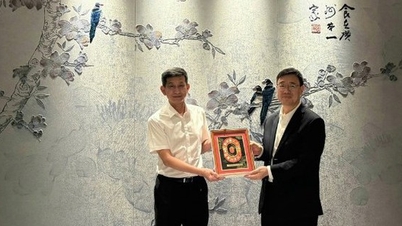



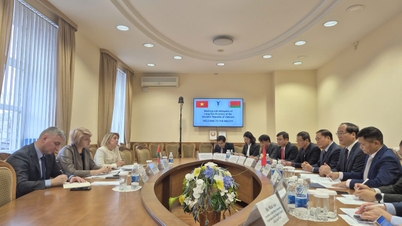

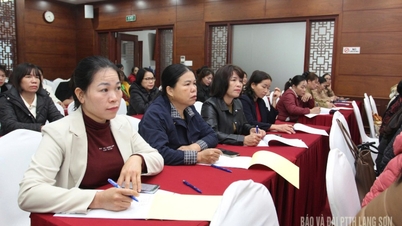

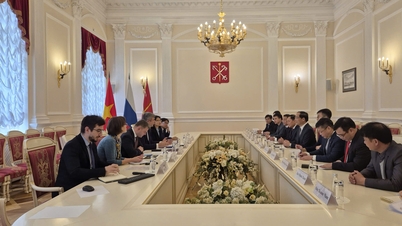
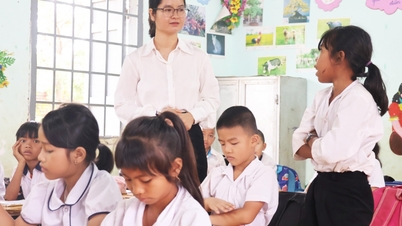







![Dong Nai OCOP transition: [Article 3] Linking tourism with OCOP product consumption](https://vphoto.vietnam.vn/thumb/402x226/vietnam/resource/IMAGE/2025/11/10/1762739199309_1324-2740-7_n-162543_981.jpeg)








Comment (0)